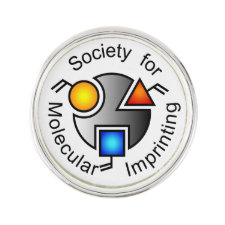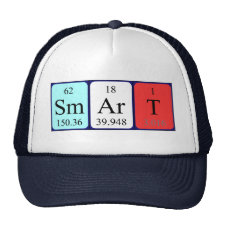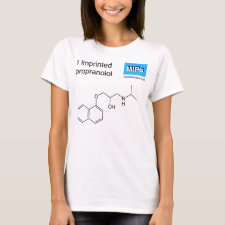
Authors: Kempe H, Kempe M
Article Title: Influence of salt ions on binding to molecularly imprinted polymers.
Publication date: 2010
Journal: Analytical and Bioanalytical Chemistry
Volume: 396
Issue: (4)
Page numbers: 1599-1606.
DOI: 10.1007/s00216-009-3329-0
Abstract: Abstract: Salt ions were found to have an influence on template binding to two model molecularly imprinted polymers (MIPs), targeted to penicillin G and propranolol, respectively, in water–acetonitrile mixtures. Water was detrimental to rebinding of penicillin G whereas propranolol bound in the entire water–acetonitrile range tested. In 100% aqueous solution, 3-M salt solutions augmented the binding of both templates. The effects followed the Hofmeister series with kosmotropic ions promoting the largest increase. Binding was mainly of a non-specific nature under these conditions. In acetonitrile containing low amounts of water, the specific binding to the MIPs increased with the addition of salts. Binding of penicillin G followed the Hofmeister series while an ion-exchange mechanism was observed for propranolol. The results suggest that hydration of kosmotropic ions reduces the water activity in water-poor media providing a stabilizing effect on water-sensitive MIP–template interactions. The effects were utilized to develop a procedure for molecularly imprinted solid-phase extraction (MISPE) of penicillin G from milk with a recovery of 87%
Template and target information: penicillin G, propranolol
Author keywords: Hofmeister effect, molecular imprinting, molecular recognition, Penicillin G, propranolol, Solid-phase extraction



Join the Society for Molecular Imprinting

New items RSS feed
Sign-up for e-mail updates:
Choose between receiving an occasional newsletter or more frequent e-mail alerts.
Click here to go to the sign-up page.
Is your name elemental or peptidic? Enter your name and find out by clicking either of the buttons below!
Other products you may like:
 MIPdatabase
MIPdatabase









